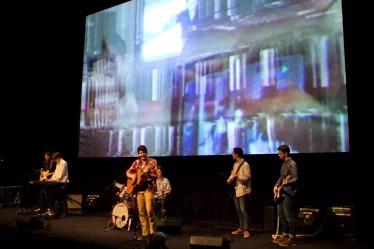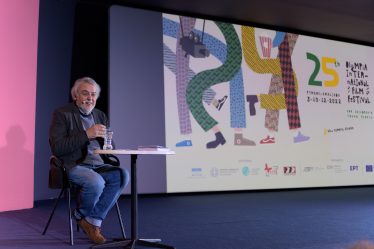How often do we measure and evaluate the effect of our work on our audiences and do we know how to structure an appropriate methodology and include all important aspects in the process? When implementing audience development plans, evaluation and impact activities are usually the weak points of most cultural organizations. That’s why we decided to share two inspiring examples and supporting tools with you:
These principles are a collaboratively-produced articulation of values that cultural evaluators, organisations, practitioners and funders agree should guide evaluation. A Work-Group defined 12 principles under 4 headings: beneficial, robust, people-centered and connected. Each principle is connected to, and enables, the others. The publication also provides examples of each principle in practice.
Evaluation Principles overview:
- beneficial – committed to learning and/or change, ethical, applicable
- robust – rigorous, open-minded, proportionate
- people-centered – empathetic, many-voiced, socially-engaged
- connected – transparent, aware, shared
Center for Cultural Value is a national research center based at the University of Leeds. Their core partners are The Audience Agency, The University of Liverpool, The University of Sheffield and Queen Margaret University, Edinburgh. Center is funded by the UKRI Arts and Humanities Research Council, Arts Council England and Paul Hamlyn Foundation.
The Europeana Impact Playbook is a step by step approach in 4 phases to help you design, measure and narrate your impact. Some of the resources developed are very useful and can be downloaded in pdf: empathy map (deeper insight into your stakeholders), change and build pathway (method for connected the activities and outputs with outcomes experienced by the stakeholders, to document them and identifies associated measurements), strategic perspectives (and its measurements), data collection workshop sheet, narrative builder canvas, mapping your stakeholders, dissemination plan worksheet.
Europeana empowers cultural heritage institutions to connect with existing and new audiences online, developing expertise, tools and policies to embrace digital change and encourage partnerships that foster innovation.
The Europeana website provides access to 58 million digital objects from 4,000 institutions around Europe – books, music, artworks and more – with sophisticated search and filter tools, and many themed collections, exhibitions, galleries and blogs. They work to share and promote this heritage so that it can be used and enjoyed by educators and researchers, creatives and culture lovers across the world.
 “Impact and attendance are parameters to measure our success”
“Impact and attendance are parameters to measure our success”
 “Children understand that a war is going on, but they have plenty of children’s issues on their minds”
“Children understand that a war is going on, but they have plenty of children’s issues on their minds”
